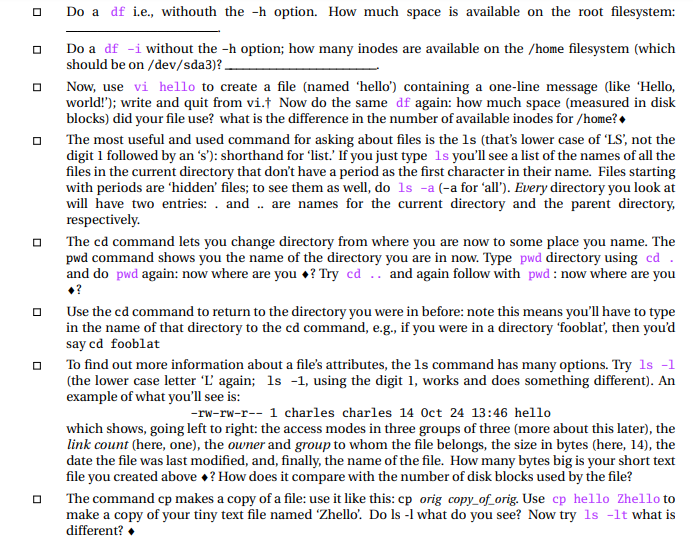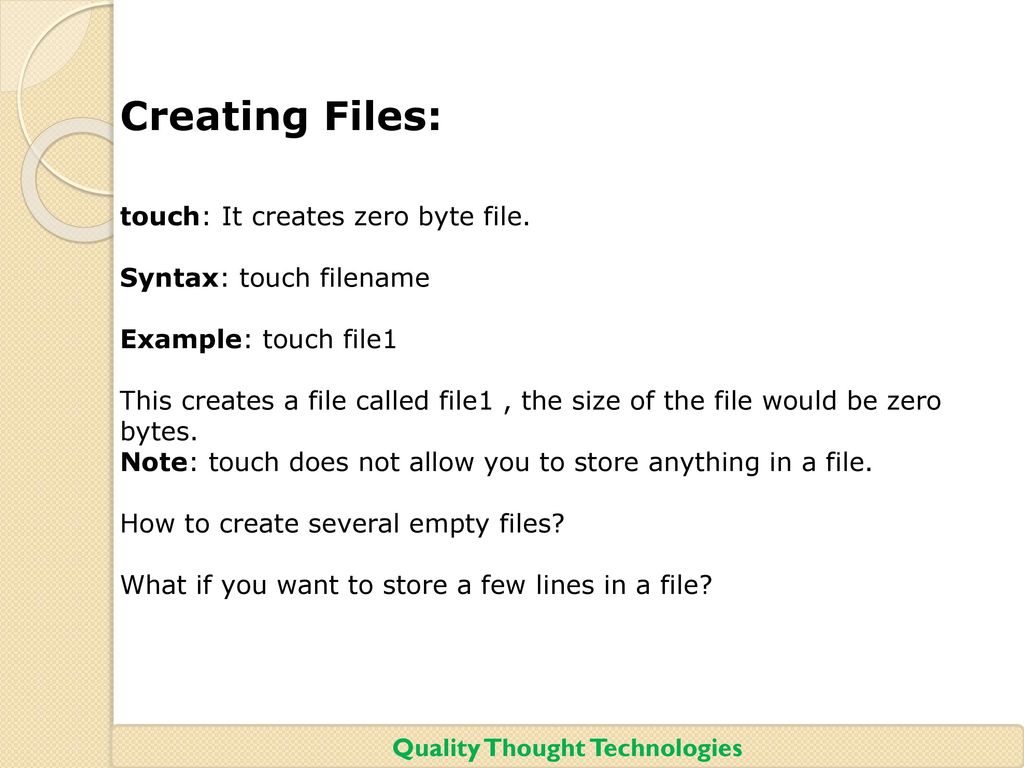
$ if || & then echo true else echo false fi That means, you can get different results, depending on the way you use: In the shell grammar rules, & and || have equal precedence True, if exists and has size bigger than 0 ( not ermpty).

True, if exists and is a named pipe (FIFO). True, if exists and is a block special file. True, if exists and is a character special file. (not recommended, may collide with -a for AND, see below) Since Bash 4.1, all tests related to permissions respect ACLs, if the underlying filesystem/ OS supports them. This section probably holds the most tests, I'll list them in some logical order. Several sections: file tests, string tests, arithmetic tests, misc tests.īelow, the tests marked with are non-standard tests (i.e. Well, I addressed several basic rules, now let's see what the With one parameter, it defaults to the -n test: It tests if a provided string is empty ( FALSE) or not ( TRUE) - due to the lack of spaces to separate the arguments the shown command always ends TRUE! This provides exactly one test-argument to the command. Don't give a glob (filename-wildcards) as it can expand to many filenames ⇒ too many arguments!Īnother common mistake is to provide too less arguments: Please also note that the file-tests want one filename to test. Word-split the expansion of the variable mymusic: You need to quote it when you don't want the test-command to complain about too many arguments for this test-type! If you didn't understand it, please read the article about words. Since weĬall a normal ordinary command (“test” or ”[”) the shell will Mymusic="/data/music/Van Halen/Van Halen - Right Now.mp3"Īs you definitely noted, the filename contains spaces. One parameter for a test, you have to give it one parameter. One might think now that these ”” belong to the syntax of Bash's if-clause: No they don't! It's a simple, ordinary command, still!Īnother thing you have to remember is that if the test command wants Let's rewrite the above example to use it:

There's a second standardized command that does exactly the same: the command ” ”: It forms ” ” Usually it's the command name ” test” followed by a test type (here ” -e” for “file exists”) followed by test-type-specific values (here the filename to check, ” /etc/passwd”).

The syntax of the test command is relatively easy. Possible to let Bash react on the result of such a test, here by using
KSH IF TEST ZERO BYTE FILE CODE
This command allows you to do various tests and sets its exit code to 0 ( TRUE) or 1 ( FALSE)


 0 kommentar(er)
0 kommentar(er)
